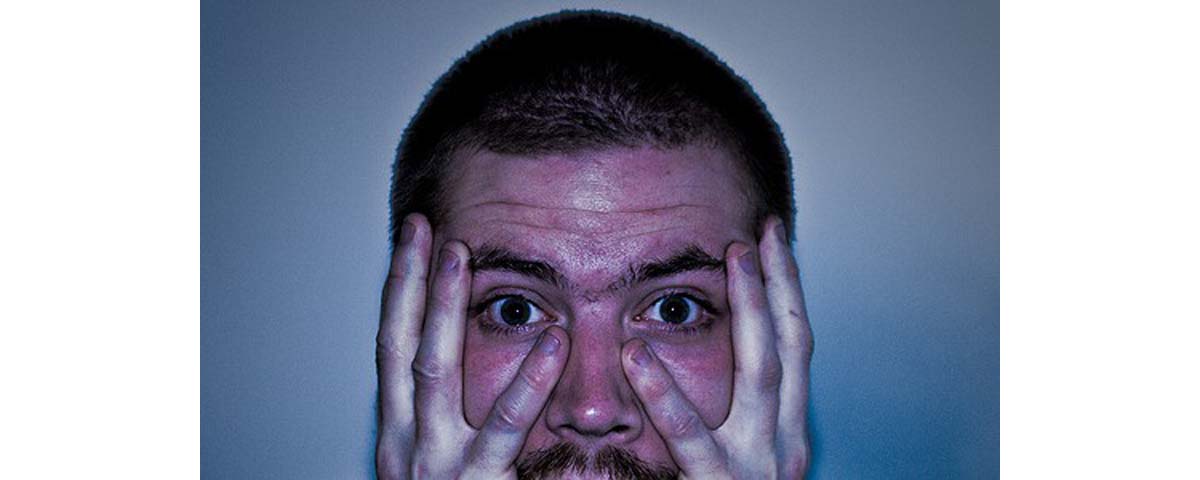Table of Contents
You’ll never meet a person who's got no worries or fears. Everyone suffers from anxiety or fear at point or another. It is perfectly human to get stressed out at times, especially when you are in some kind of danger.

Read More: Panic attacks and anxiety
Panic disorder is a condition in which you have recurring and regular panic attacks without any obvious reason or trigger. The body of a person who is having a panic attack experiences intense psychological and physical symptoms. During panic attacks, the patient’s fear response to non-threatening situations is completely out of proportion. That is to say, many people who suffer from panic attacks literally feel like they're dying, without having any idea why.
A patient who suffers from panic disorder can have several panic attacks per day, but some also only experience a few attacks per year. The panic attacks characteristic of panic disorder are different from panic attacks in other anxiety disorders, as they take place without any discernible predictable precipitant.
Apart from panic attacks, a panic disorder is characterized by persistent fear of another attack (that is, the fear of a panic attack can actually induce one). According to the Diagnostic and Statistical Manual of Mental Disorders, panic disorder leads to panic attacks associated with more than 1 month of subsequent persistent worry about:
(1) having another panic attack,
(2) the possible consequences of the panic attack, or
(3) significant behavioral changes related to the attack.
Women are twice as likely to suffer from panic disorder compared to men. Although a person of any age, including a child, can suffer from this condition, it is more commonly seen after the age of twenty. It is believed that around 2.4 million adults in America suffer from panic disorder. In the UK, meanwhile, one in every 100 persons has this problem.
What causes panic disorder?
Although it is difficult to pinpoint the exact reason behind panic disorders, several biological and environmental factors have been shown to raise the risk of this debilitating mental disorder. Here's a closer look at the risk factors.
Heredity
Studies have shown that panic disorder runs in families. If either of your parents is suffers from this condition, your risk of developing it at some point in your life is much higher. In case of identical twins, the chances of one of the twins developing panic disorder are 40 percent in case the other twin is also suffering from the condition. This does not necessarily mean genetic factors are to blame, however, as environmental factors could also explain this familial link.
Substance abuse
Panic disorder is common in people who abuse drugs or alcohol. Correlation does not necessarily mean causation; while alcohol abuse may worsen panic disorder, it's also likely that people who suffer from panic attacks may turn to alcohol or drugs to self-medicate. While this is not an effective treatment at all, it is understandable. If you suffer from panic attacks, seek medical treatment!
Stressful situations
Particularly stressful conditions, like the death of a close relative can precipitate panic disorder in susceptible individuals.
Although the above mentioned factors increase the risk of panic disorder, many a time people may develop this problem without any apparent reason.
- “Panic disorder”, by Mohammed A Memon, published on March 29, 2011 at the site Medscape Reference, accessed on December 28, 2012.
- “How do I know if it is Panic Disorder?” by Steve Bressert, published in the 2006 issue of the journal Psych Central, accessed on December 28, 2012.
- “Panic Disorder”, last reviewed on March 25, 2012 at the Pub Med Health site, accessed on December 28, 2012.
- Photo courtesy of rcsemk on Flickr: www.flickr.com/photos/rcsemk/7911072370
- Photo courtesy of thirtyfootscrew on Flickr: http://www.flickr.com/photos/thirtyfootscrew/2768715081

